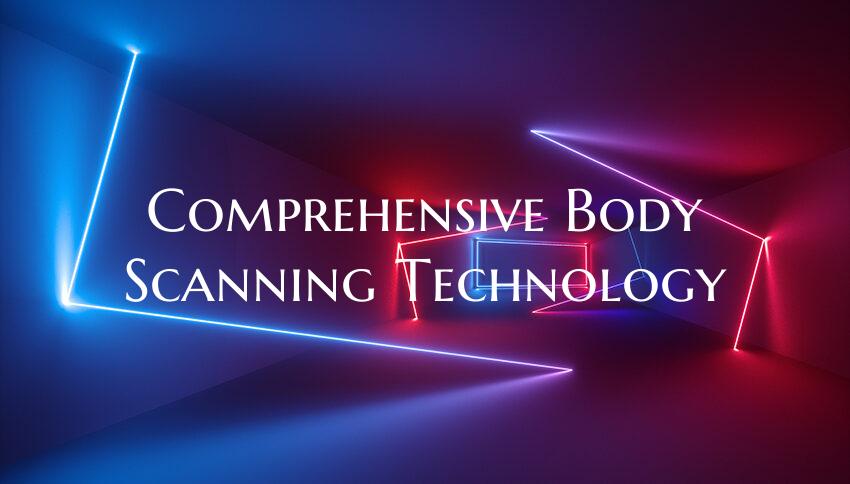Comprehensive Body Scanning Technology
In today's rapidly evolving world of healthcare and technology, the development of comprehensive body scanning technology has revolutionized the way we diagnose and monitor the human body. This cutting-edge technology offers a non-invasive and detailed view of internal structures, providing healthcare professionals with valuable insights that were previously unattainable.
Comprehensive body scanning technology, often based on advanced imaging techniques such as magnetic resonance imaging (MRI), computed tomography (CT), and ultrasound, allows for a thorough examination of various body systems. By combining multiple imaging modalities, these scans offer a comprehensive look at organs, tissues, and blood vessels, enabling early detection and accurate diagnosis of various health conditions.
One of the key benefits of comprehensive body scanning technology is its ability to detect abnormalities at an early stage, potentially leading to timely interventions and improved treatment outcomes. For example, in the case of cancer, these scans can identify tumors at a very small size, facilitating prompt initiation of therapy and increasing the likelihood of successful treatment.
Moreover, comprehensive body scanning technology is valuable in monitoring the progress of treatment and assessing the effectiveness of interventions. By providing detailed information about changes in the body over time, these scans enable healthcare providers to adjust treatment plans accordingly and ensure optimal patient care.
Beyond diagnosis and monitoring, comprehensive body scanning technology plays a crucial role in research and medical education. It allows scientists and clinicians to explore the intricacies of the human body in unprecedented detail, leading to new discoveries and advancements in the field of medicine.
As with any technology, there are considerations around safety, privacy, and accessibility that need to be addressed when implementing comprehensive body scanning technology. Ensuring that these scans are conducted in a controlled and secure environment, with clear guidelines on data management and patient confidentiality, is essential to harnessing the full potential of this technology.
In conclusion, comprehensive body scanning technology represents a significant milestone in modern healthcare, offering a comprehensive and detailed view of the human body that was once unimaginable. By enabling early detection, precise diagnosis, and effective monitoring of health conditions, this technology has the potential to improve patient outcomes, advance medical knowledge, and shape the future of healthcare for generations to come.

